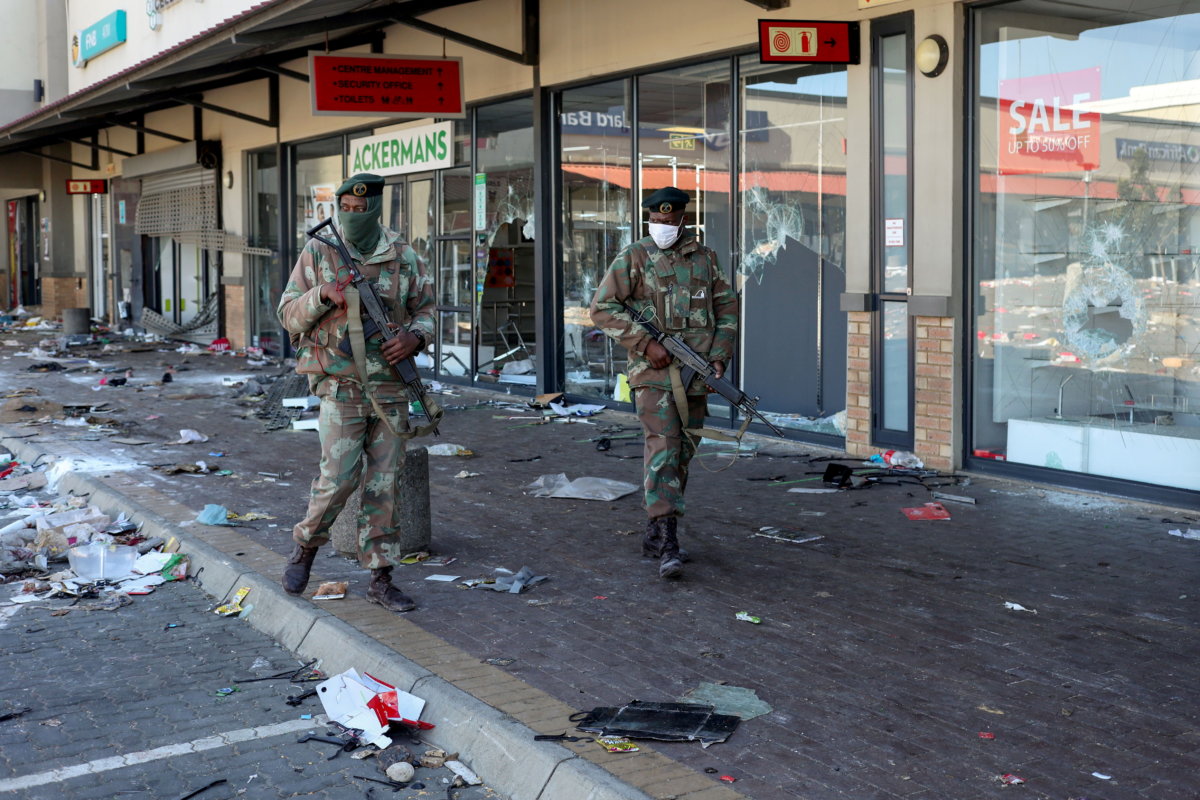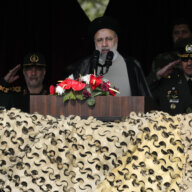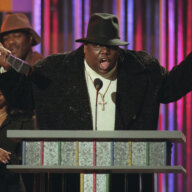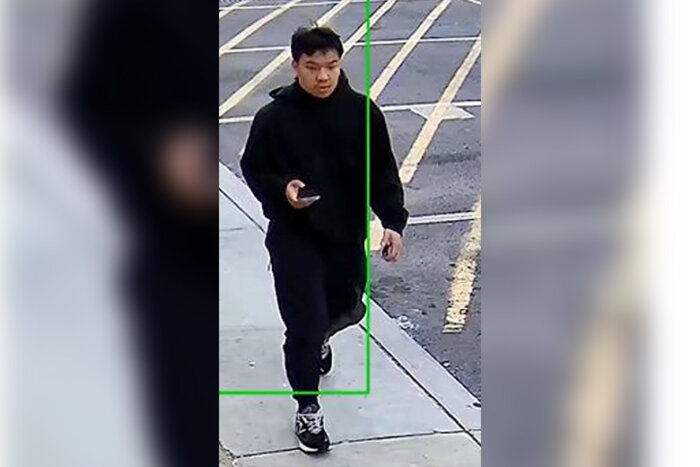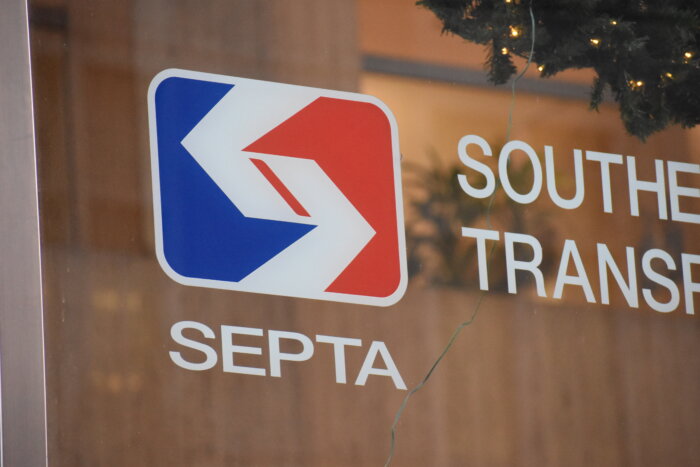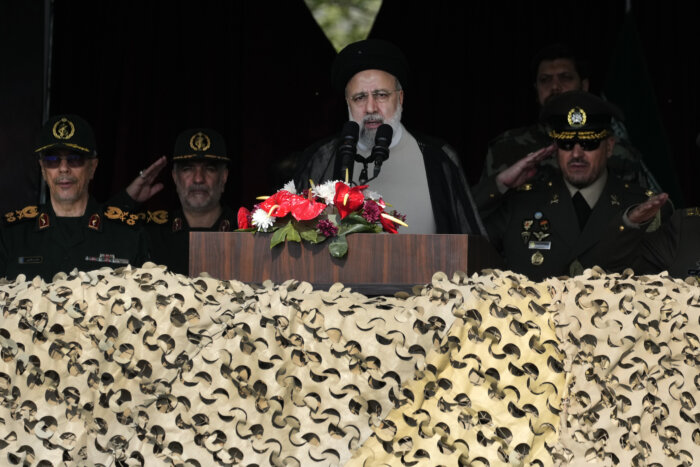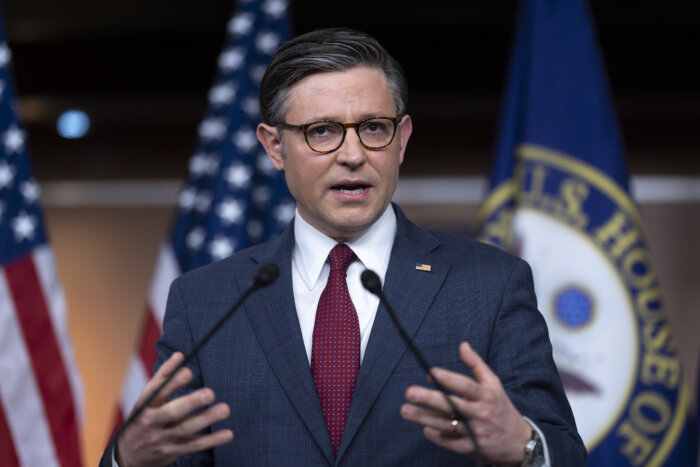By Alexander Winning and Wendell Roelf
Crowds clashed with police and ransacked or set ablaze shopping malls in cities across South Africa on Tuesday, with dozens of people reported killed, as grievances unleashed by the jailing of ex-president Jacob Zuma boiled over into the worst violence in years.
Protests that followed Zuma’s arrest last week have widened into looting and an outpouring of general anger over the hardship and inequality that persist 27 years after the end of apartheid.
Poverty has been exacerbated by severe social and economic restrictions aimed at blocking the spread of COVID-19.
Security officials said the government was working to halt the spread of the violence and looting, which has spread from Zuma’s home in KwaZulu-Natal province to the country’s biggest city Johannesburg and surrounding Gauteng province, and to the Indian Ocean port city of Durban.
Soldiers have been sent onto the streets to try to contain the unrest.
Zuma, 79, was sentenced last month for defying a constitutional court order to give evidence at an inquiry investigating high-level corruption during his nine years in office until 2018.
He also faces trial in a separate case on charges including corruption, fraud, racketeering and money laundering. He pleaded not guilty in court in May.
Zuma’s foundation said there would be no peace in South Africa until the former president was released from jail.
“Peace and stability in South Africa is directly linked to the release of President Zuma with immediate effect,” it said in a Tweet.
“The violence could have been avoided. It started with the decision of the constitutional court to detain president Zuma … This is what gave anger to the people,” a spokesman for the foundation told Reuters separately.
Troops moved into flashpoints on Tuesday as outnumbered police seemed helpless to stop the unrest, with columns of armored personnel carriers rolling down highways.
The bodies of 10 people were found on Monday evening after a stampede at a Soweto shopping mall, Gauteng premier David Makhura said.
Hundreds of looters raided warehouses and supermarkets in Durban, one of the busiest shipping terminals on the African continent and an import-export hub.
Outside a Durban warehouse of retailer Game, looters stuffed cars with electronic goods and clothes, a Reuters witness said. Inside, the floor was a mess of discarded packaging as the crowd emptied the shelves.
At least 45 people have so far been killed during the unrest, 19 in Gauteng and 26 in KwaZulu-Natal, according to state and provincial authorities. Police Minister Bheki Cele put the official death toll at 10.
Shops and petrol stations have been forced to close while on the streets protesters have hurled stones and police responded with rubber bullets, Reuters journalists said.
Aerial footage from local channel eNCA showed black smoke rising from several Durban warehouses, while debris lay strewn.
A clothing factory providing 600 jobs in Isithebe, north of Durban, would be forced to close as all its machinery and materials had been looted, a textiles union said.
Cele told a news conference that 757 people had been arrested so far and said that no one would be allowed to “make a mockery of our democratic state”.
“No amount of unhappiness or personal circumstances from our people gives the right to anyone to loot,” he said, echoing sentiments expressed by President Cyril Ramaphosa overnight.
However, Defense Minister Nosiviwe Mapisa-Nqakula, speaking at the same news conference, said she did not think a state of emergency should be imposed yet.
Reuters



